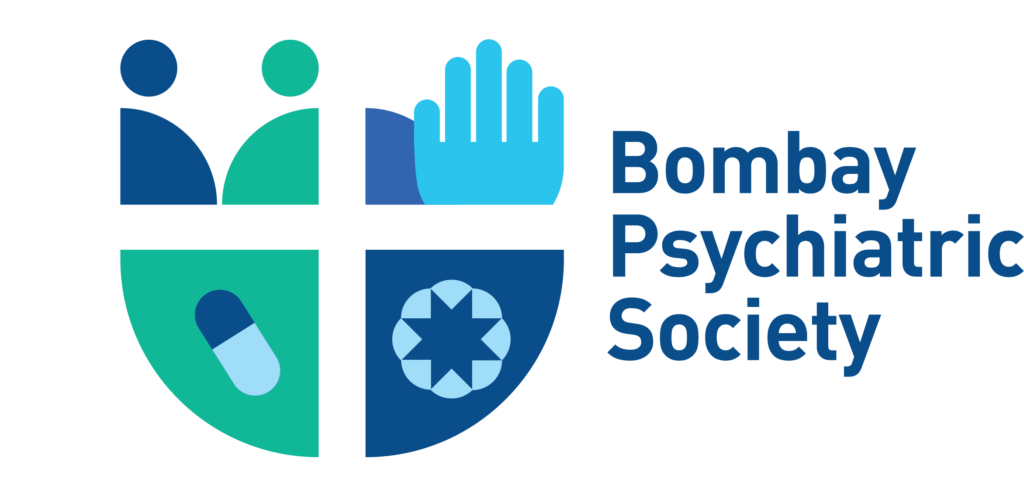Alprazolam entered Indian markets in the late eighties & over time it has captured the market, displacing Diazepam and Lorazepam of sixties and seventies. It is very popular for its use as a “sleeping pill”, so much so that some of the popular brands like ‘Restyl’, Trika’ and Alprax’ have become household “Nind ki Goli”. How scientific is this practice? What are the larger repercussions? Our concerns as mental health professionals are manifold, and hence we would like to state some of the scientific facts.
Pharmacology of Alprazolam-
It is a short acting Benzodiazepine which is also available as slow release formulation.
For anxiolysis, the ideal dosing frequency is t.d.s. for plain, and b.i.d. for slow release formulations. It acts through GABA receptors with long term use resulting in receptor adaptation, and hence withdrawal, tolerance and dependence. It is also known to produce some euphoria.
Its rapid onset for action, potency and short half life have made it popular for sleep induction. Today, we have alternatives for it.
The use of Alprazolam is best reserved for ‘Severe Anxiety ‘ or ‘Panic Disorder’, and that too as a part of multidrug regimen. Clonzepam and Etiazolam are the other preferred drugs today. For a small number of patients Alprazolam may still be the only effective anxiolytic.
Many patients referred for Depression or Anxiety disorders are already on treatment with 0.25 to 1.0 mg of Alprazolam. In most cases it was started to relieve sleep related complaints. Patients undergoing major procedures or surgeries, hospitalised patients, those with pain may all complain of insomnia. Our good intention to relieve them of their anxiety & ensure restful sleep with Alprazolam could lead to drug dependence & continuation of the drug ever after.
In many patients, as required or “SOS” pill popping is very common under stress. As long as patient is able to acquire the necessary stock the self medication continues. Often a friendly chemist becomes the link for unhealthy liaison. Most clinicians must have experienced that stopping alprazolam is not an easy task for a patient who is on it for some time. The most important contention is the delay in getting appropriate medical care because of this abuse. Use of Alprazolam for ‘Insomnia’ is not a rational choice and this problem needs urgent attention.
Approach to a patient with sleep related problems:
- Short term problems of sleep (say pain/hospitalization) should be handled with non Benzodiazepine options like Zolpidem, Zopiclone or Etizolam.
- If we understand the long standing sleep difficulty as part of ongoing stress, then it is necessary to identify underlying anxiety, depression or any other psychiatric condition.
- Some patients are able to mask their symptoms during day time, and hence the predominant complaint is sleep disturbance at night. This is because when at night they want to sleep; masking of symptoms is not effective, and hence the underlying Depression and anxiety symptoms disturb the sleep.
- Inability to explain symptoms of depression or anxiety leads to overemphasis on sleep which is just one of the many symptoms of an underlying psychiatric disturbance.
- If underlying diagnosis is Major Depression, then treatment with antidepressants gets priority. Nonpharmacological approaches like psychotherapy may be necessary.
- Using Alprazolam only at night for a patient of mixed anxiety and depressive symtoms will add to the discomfort of the patient. These patients need symptom control round the clock and dose wear out leads to rebound anxiety. This is worst when alprazolam effect wears out on waking up in the morning when his depression is at its worst.
Any person with complaint of insomnia should be enquired for worrying thoughts, somatic symptoms of anxiety, mood symptoms, negative thoughts, and inability to work & socialise as before. Delay in identification of underlying psychiatric disorders worsens psychiatric and psychosomatic morbidity & results in poor quality of life.

